Some people are just made to cause, as the late Congressman John Lewis called it, “good trouble.” They’re contrarian by nature. It’s in their DNA. It ignites their fury. It explains their courage to put life and limb at risk for what they believe in.
Which brings us to African American History Month 2024 and to “Mrs. Good Trouble” herself, the late civil rights pioneer Amelia Boynton Robinson, inarguably the matriarch of the voting rights movement. Now if you subscribe to that familiar saying, “behind every great man is a woman,” then I’ll say, “behind every great movement is a woman.” Many of them in fact.
Continue reading “Mrs. Good Trouble”: Amelia Boynton Robinson – by Terry Howard

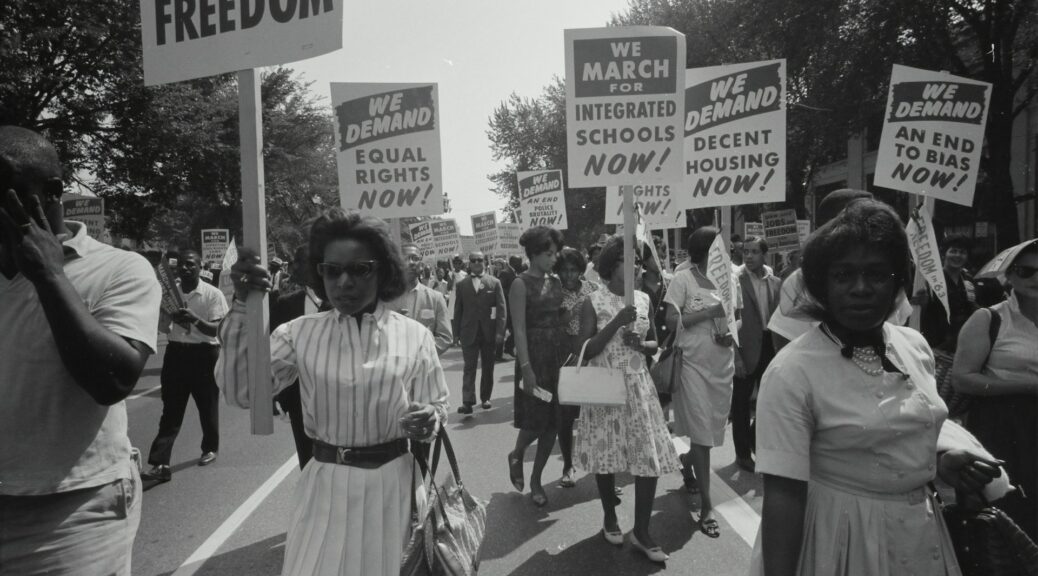
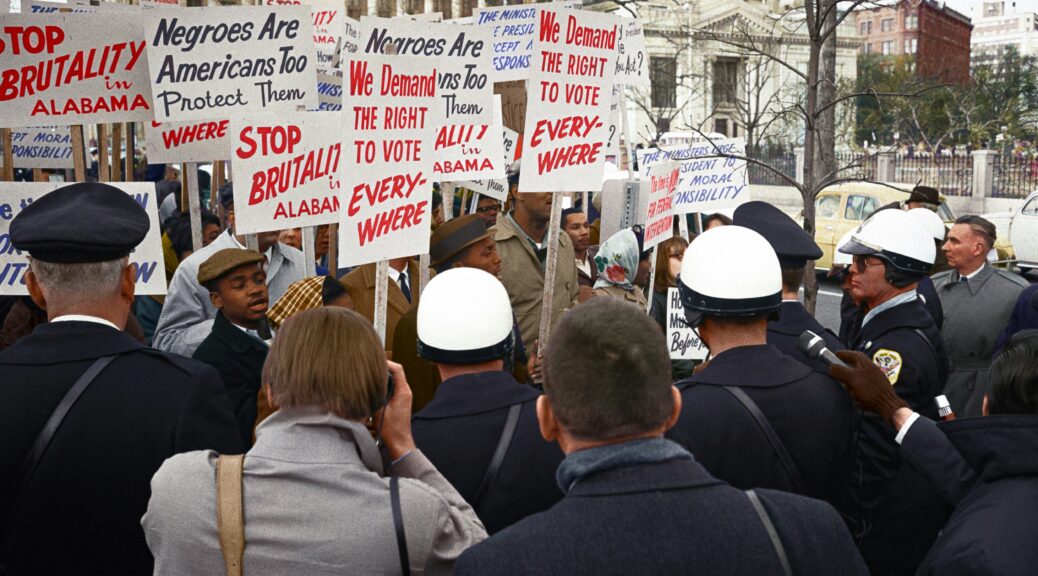
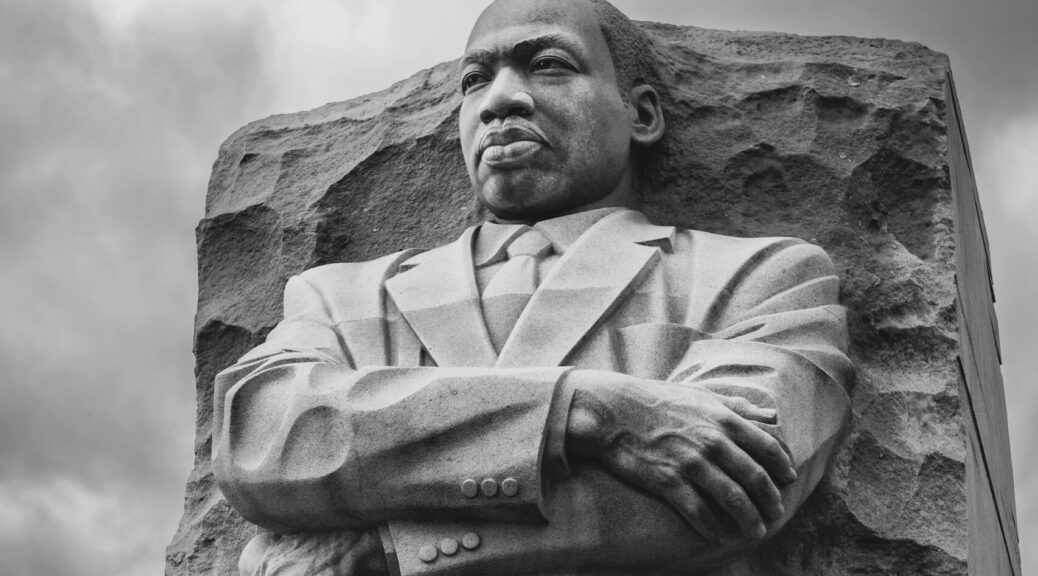
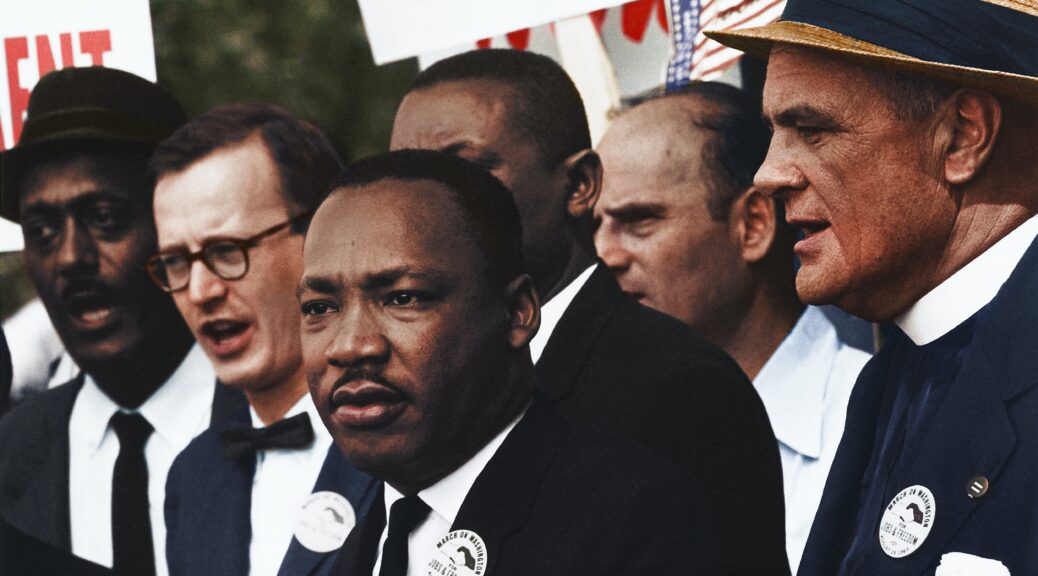
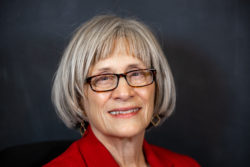
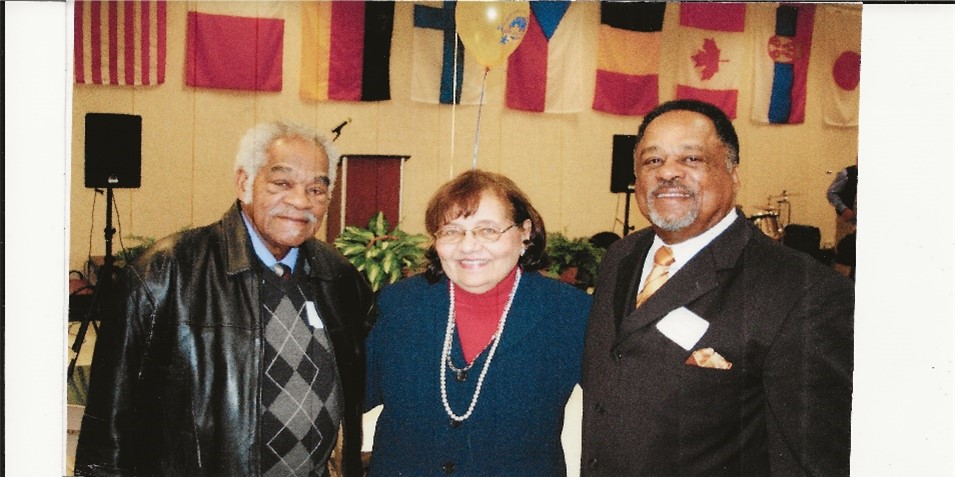
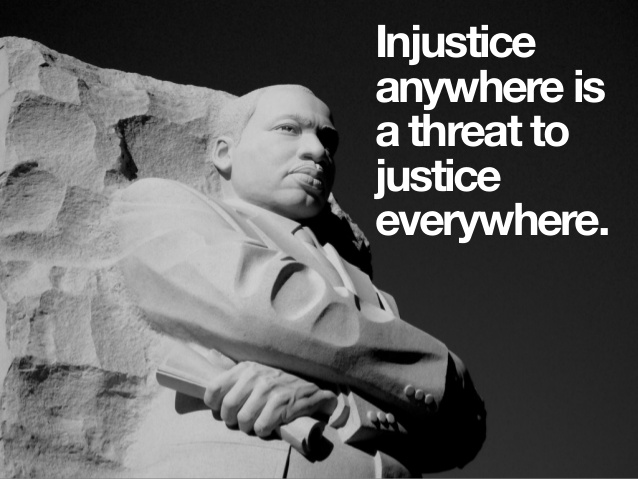

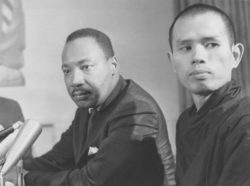 Our world is burning up from within. We need action – now – to lower the earth’s temperature, to stop mass incarceration , child abuse, and human trafficking. And what about self-harm and self-hate? Why does our own spirit twist against us so violently?
Our world is burning up from within. We need action – now – to lower the earth’s temperature, to stop mass incarceration , child abuse, and human trafficking. And what about self-harm and self-hate? Why does our own spirit twist against us so violently?